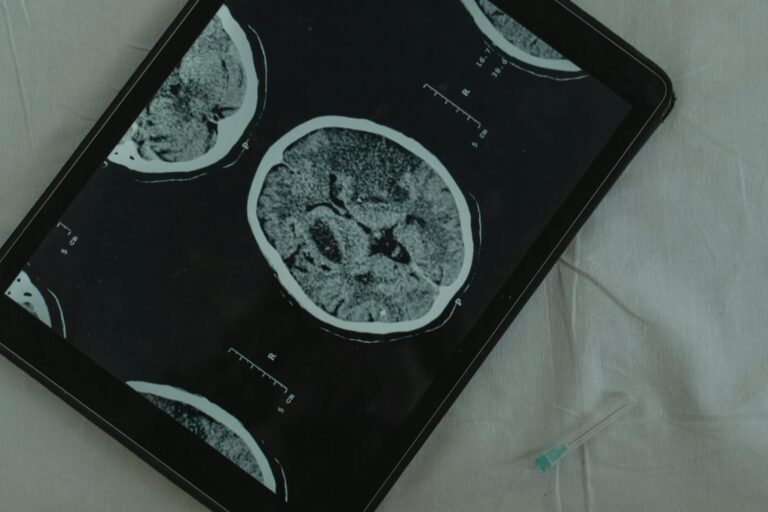Bilingualism is the ability to speak and understand two languages fluently. As our world becomes increasingly diverse, more and more people are learning multiple languages. Bilingualism has been shown to have numerous benefits such as improved cognitive skills, better job opportunities, and increased cultural understanding. However, recent research has also revealed that bilingualism may have a positive impact on brain health, specifically in relation to Alzheimer’s disease.
Alzheimer’s disease is a progressive neurological disorder that affects memory, thinking, and behavior. It is the most common form of dementia and affects over 5 million Americans. Currently, there is no cure for Alzheimer’s disease, making prevention and management crucial for maintaining cognitive function. This is where bilingualism comes into play.
Several studies have shown that bilingualism can delay the onset of Alzheimer’s disease and other forms of dementia. In fact, research has found that bilingual individuals develop symptoms of Alzheimer’s disease an average of 4-6 years later than monolingual individuals. This delay can make a significant difference in the quality of life for those affected by the disease.
So how does bilingualism protect against Alzheimer’s disease? One theory is that the constant switching between two languages creates a constant brain workout, similar to exercising a muscle. This constant mental exercise can help build cognitive reserve, which refers to the brain’s ability to adapt and function despite damage or changes. In other words, bilingualism can help build a stronger and more resilient brain.
Another theory suggests that bilingualism promotes brain plasticity, which is the brain’s ability to change and adapt to new information or experiences. By constantly switching between two languages, the brain becomes more flexible and efficient at processing information. This flexibility may also help the brain compensate for any damage caused by Alzheimer’s disease, delaying the onset of symptoms.
Additionally, research has shown that bilingualism may also improve executive function, which involves processes such as planning, problem-solving, and decision-making. This is because bilingual individuals are constantly using their executive function to switch between languages and inhibit the unwanted language. Executive function is one of the first cognitive skills to decline in Alzheimer’s disease, so having a stronger executive function may delay the progression of the disease.
But can bilingualism still have a positive impact on brain health if it is learned later in life? The answer is yes. While there is evidence that being bilingual from an early age can have the greatest impact on brain health, studies have also shown that learning a second language later in life can still provide benefits. In fact, learning a second language at any age has been shown to improve cognitive skills and delay the onset of Alzheimer’s disease.
It’s important to note that bilingualism alone may not prevent Alzheimer’s disease entirely, as there are other factors such as genetics and overall brain health that play a role. However, incorporating bilingualism into your daily life can certainly have a positive impact on brain health and potentially delay the onset of Alzheimer’s disease.
So how can you incorporate bilingualism into your daily life? Here are some tips:
1. Start by learning basic phrases and vocabulary in a second language. This can be done through online resources, language learning apps, or taking a class.
2. Practice speaking with native speakers or find a language exchange partner to practice with.
3. Watch movies or TV shows in a different language with subtitles.
4. Read books or articles in a second language.
5. Travel to a country where the second language is spoken to immerse yourself in the language and culture.
In conclusion, the benefits of bilingualism go beyond just improved communication skills. Bilingualism has been shown to have a positive impact on brain health, specifically in delaying the onset of Alzheimer’s disease. By constantly challenging and exercising the brain, bilingual individuals may develop a stronger and more resilient brain that can better withstand the effects of Alzheimer’s disease. So, whether you’re a native bilingual or someone learning a second language later in life, embrace the benefits of bilingualism for your overall cognitive health.





